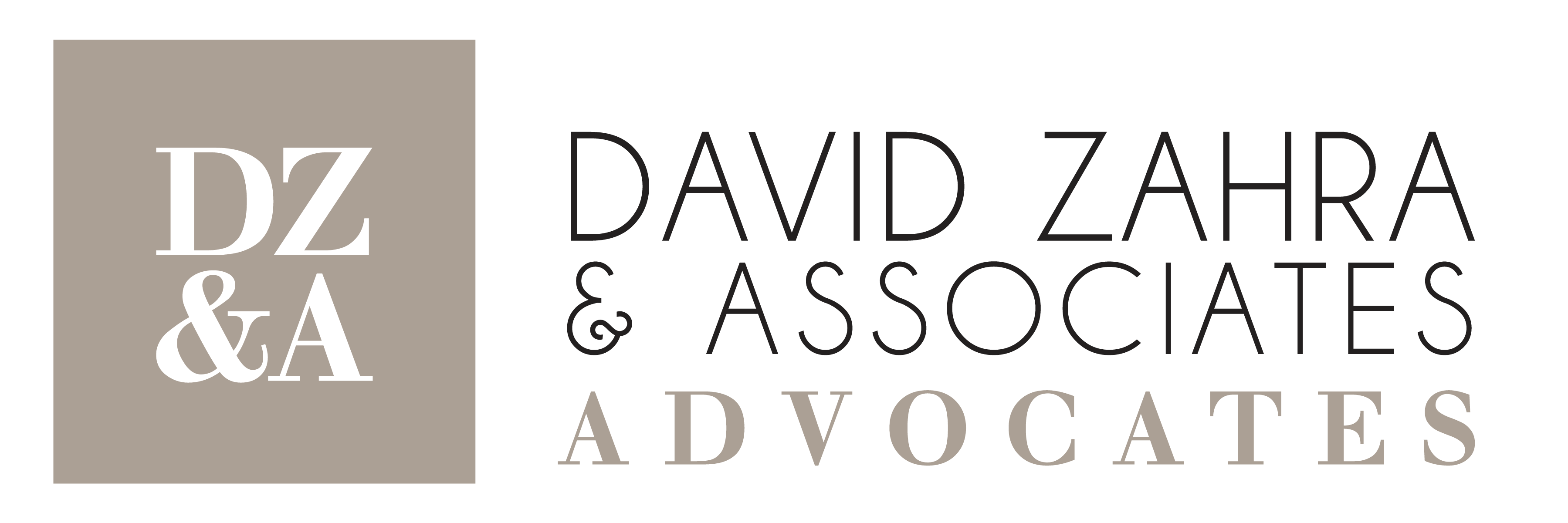Welcome to the monthly capital markets update, a briefing from our capital markets practice area rounding up the month’s regulatory developments within the equity and debt capital markets and looking ahead to future developments.
Malta Update
UPDATE NUMBER 06/2025/01
The MFSA has launched a public consultation proposing a more flexible approach to the free float requirement for companies seeking admission to trading on a regulated market in Malta. The proposals aim to align with the EU Listing Act and make the local capital market more attractive, particularly for SMEs.
In simple terms, free float refers to the portion of a company’s shares that are held by public investors, i.e. not by founders, insiders, or major shareholders.
Under current local rules, a company must ensure at least 25% of its shares are held by public investors in order to be admitted to trading. The MFSA now proposes to adopt a more flexible, tiered framework that lowers this threshold (in certain cases) while still safeguarding investor protection and liquidity.
New Proposed Thresholds
10% – 14% free float, if:
- at least 200 investors hold shares (directly or via intermediaries); and
- the company has a minimum market capitalisation of €100 million at listing.
15% – 24% free float, if:
- at least 200 investors hold shares (directly or via intermediaries); and
- the company has a minimum market capitalisation of €50 million at listing.
Where these conditions are not met, the existing 25% free float requirement will continue to apply.
These changes reflect similar reforms introduced at the EU level via the Listing Directive (EU) 2024/2811, which must be transposed into Maltese law by 5 June 2026.
To implement these proposals, the MFSA intends to:
- amend certain Capital Market Rules; and
- transfer oversight responsibilities to the regulated market, rather than the MFSA itself.
This proposal could mark a significant turning point for Malta’s IPO landscape.
UPDATE NUMBER 06/2025/02
Recently, there was a decision of the MFSA involving a company admitted to the Prospects MTF operated by the Malta Stock Exchange. The MFSA’s supervisory engagement identified failings in relation to its obligations under the Market Abuse Regulation (MAR).
Specifically, the MFSA’s investigation found shortcomings in relation to the:
- drawing up and updating of the insiders list at all times (Article 18(1), (4) MAR);
- obligation to inform insiders (in particular temporary insiders) of their obligations (Article 18(2) MAR);
- requirements relating to the updating of the insiders list promptly;
- requirements relating to the retention of insiders list (Article 18(5) MAR);
- requirement to inform Persons Discharging Managerial Responsibilities (PDMRs) of their obligations as well as to draw up a list of PDMRs and Persons Closely Associated (PCAs) (Article 19(5) MAR).
On June 20, 2025, the MFSA and the concerned company entered into a settlement agreement. The company demonstrated goodwill and implemented remedial measures to strengthen its internal controls and procedures. An administrative penalty of €30,600 was imposed.
UPDATE NUMBER 06/2025/03
The MFSA issued a letter to CEOs and Compliance Officers of Investment Services Providers (ISPs), dated 9 June, 2025, setting out its main findings, best practices, and common pitfalls identified during supervisory inspections conducted between 2020 and 2024, focusing on ISPs’ adherence to the MAR. While overall compliance significantly improved compared to earlier observations from 2018-2020, the adequacy of MAR arrangements still varied among ISPs.
Key areas of regulatory focus and observed shortcomings include:
Market Soundings: As of December 4, 2024, with the coming into force of Regulation (EU) 2024/2809 (the Listing Act), the Market Sounding Regime is no longer compulsory. However, the MFSA emphasises that adhering to these requirements still provides protection from allegations of unlawful disclosure of inside information. Inspections revealed that ISPs who did carry out market soundings often failed to comply with requirements such as providing standard information to recipients or using standard templates. Furthermore, recipients of market soundings are still obliged to adhere to the MAR Guidelines for Persons Receiving Market Soundings, an area where many ISPs lacked adequate procedures.
Prevention and Detection of Financial Market Abuse: The MFSA considers ISPs to be the first line of defence in preventing and detecting financial market abuse.
Arrangements, Systems, and Procedures: Many ISPs had weak procedures for detecting and reporting suspicious transactions, often restating rules without practical guidance. Issues included missing or high thresholds, lax monitoring due to low perceived risk, and delays from complex escalation processes. Some contacted clients inappropriately after identifying suspicious activity. The MFSA also flagged poor role segregation, with advisers handling MAR monitoring.
Staff Dealing: The MFSA noted varied approaches, with some robust arrangements requiring prior notification and approval, while others lacked basic checks.
Record-Keeping: A majority of entities did not maintain adequate records documenting the analysis of suspicious orders and transactions.
Auditing: Many entities failed to regularly assess and update their arrangements, systems, and procedures annually, as mandated by Article 5(b) of the Delegated Regulation.
Training: Training provided to employees on MAR was often found to be general, infrequent, and lacking practical examples or company-specific tailoring.
The MFSA expects ISPs to consider and implement all recommendations in the letter to ensure high standards of MAR compliance, noting that non-adherence may lead to regulatory action.
UPDATE NUMBER 06/2025/04
The MFSA issued a consultation document seeking feedback on proposed amendments to Chapter 2 of the Capital Markets Rules. These proposed amendments are a crucial step in the Authority’s strategy to strengthen the Sponsors’ Regime, building upon a previous consultation from July 2024. It is important to note that these proposals are currently in draft form and are subject to changes based on stakeholder feedback.
The proposed overhaul of Chapter 2 focuses on three main features of the revised Sponsors’ Regime: eligible candidates, role definition, and organisation and governance.
Key proposed amendments for Sponsors include:
Eligibility: Sponsors would be required to hold an authorisation to provide investment services and to hold clients’ money or assets, with clarifications specifying that they must also consider obligations related to product governance and investor protection.
Competence: Sponsors must demonstrate sufficient experience and expertise to understand and apply the Capital Markets Rules, MFSA Listing Policies, and the Prospectus Regulation.
Minimum Staffing Requirement: For each sponsor service assignment, Sponsors would need to retain a minimum of two individuals focused on providing these services.
Independence: Sponsors are expected to ensure independence from applicants seeking listing and to manage conflicts of interest effectively. Furthermore, individuals providing sponsor services are proposed to be prohibited from concurrent or subsequent involvement in the primary market distribution of the financial instruments they have sponsored.
Reviews of Applications for Admissibility to Listing: Clarifications detail the MFSA’s expectations regarding transparency, corporate governance, and financial soundness.
Record-Keeping: Sponsors will be required to maintain specific records to demonstrate compliance with their obligations.
Ongoing Obligations: These include submitting an annual confirmation form to the MFSA and promptly notifying it in certain detailed circumstances.
European Union Update
There were no updates from an EU regulatory perspective for the month of June 2025.




